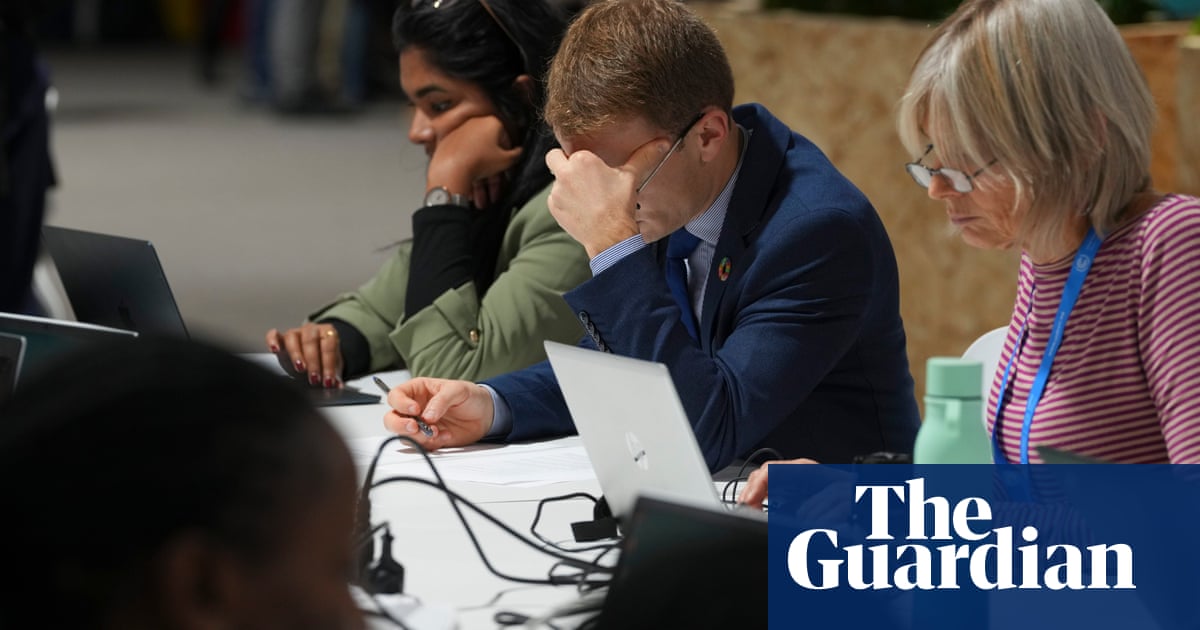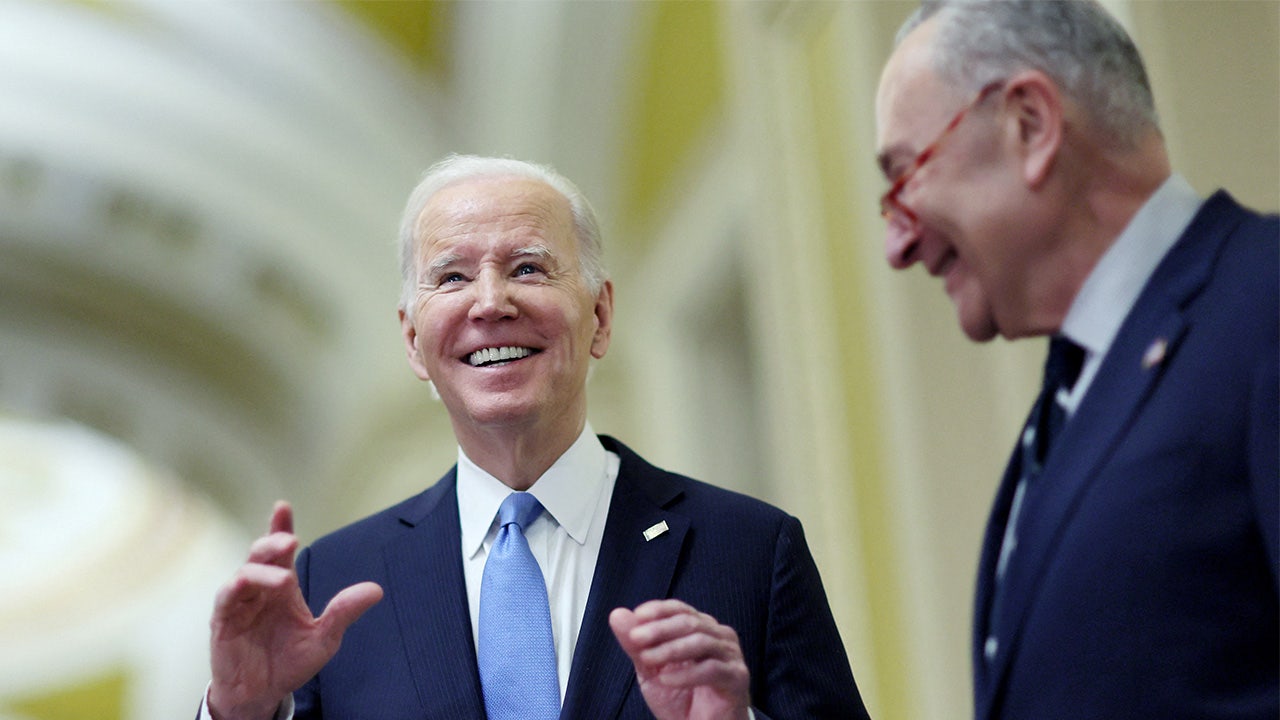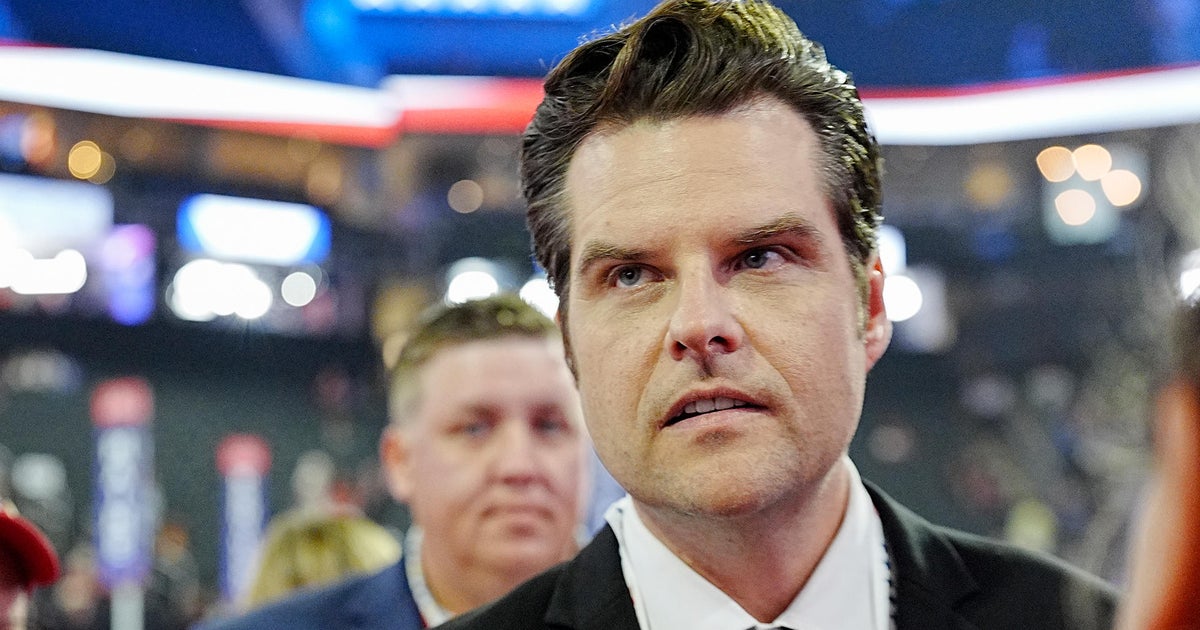Reporting by Svea Herbst-Bayliss and Lananh Nguyen, additional reporting by Andrea Shalal and Michelle Nichols; Editing by Megan Davies and Grant McCool
Finance
Finance titans meet with Ukraine’s Zelenskiy at JPMorgan offices in New York -sources
/cloudfront-us-east-2.images.arcpublishing.com/reuters/ZE77VMKFXJKTZDHQJT3KPHX63A.jpg)
[1/2]Citadel CEO Ken Griffin speaks at the 2022 Milken Institute Global Conference in Beverly Hills, California, U.S., May 2, 2022. REUTERS/Mike Blake/File Photo Acquire Licensing Rights
NEW YORK, Sept 20 (Reuters) – Billionaire hedge fund managers, a former New York mayor, a prominent American diplomat and a sports executive were among the leaders who met with Ukrainian President Volodomyr Zelenskiy at the offices of JPMorgan Chase in New York on Wednesday, sources said.
The meeting was scheduled for hours after Zelenskiy addressed the United Nations Security Council about Russia’s February 2022 invasion of his country and its consequences and was organized by the bank, the sources said.
Hedge fund managers Ken Griffin and Bill Ackman, who are often invited to weigh in by central bankers and policy makers on political issues, were invited to speak with Zelenskiy along with Robert Kraft, chief executive of the New England Patriots, and Henry Kissinger, a former United States Secretary of State.
Former Google CEO Eric Schmidt and politician, philanthropist and businessman Mike Bloomberg, a former mayor of New York, also joined the meeting.
The group of bankers who convened the meeting to discuss investment in Ukraine included JPMorgan executives Mary Callahan Erdoes, its CEO of asset and wealth management, and Vince LaPadula, its CEO of workplace.
Ukraine has made efforts to lock in financial support from business leaders to help rebuild the country.
Fox News first reported his meeting with the investors.
Representatives for Griffin’s Citadel, and Ackman’s Pershing Square Capital Management declined to comment.
A spokesperson for Zelenskiy and Ukraine’s mission to the United Nations in New York did not immediately respond to a request for comment.
Ackman, whose great-grandfather emigrated to the United States from Ukraine, in February pledged $3.25 million to help buy more than a dozen ambulances for Ukraine, according to his college friend Whitney Tilson who leads the project to buy the vehicles.
Griffin, who last week laid out a roadmap for his philanthropic giving, last year pledged to donate $3 million for scholarships to support Ukrainian students study science, technology, engineering and math.
Before the meeting in New York, the White House appealed to Congress to approve billions of additional dollars of support for Ukraine.
With the fighting heading into a second winter, American business executives and others have said that interest in the war may fall off especially as next year’s U.S. presidential election picks up steam.
Howard Buffett, whose father Warren is often considered among the world’s most successful investors, on Wednesday said he may step up his own support for the country to guard against Ukraine “fatigue.”
Our Standards: The Thomson Reuters Trust Principles.

Finance
US SEC obtained record financial remedies in fiscal 2024, agency says

NEW YORK (Reuters) -The U.S. Securities and Exchange Commission obtained $8.2 billion in financial remedies, the highest amount in its history, in fiscal 2024, the agency said in a statement on Friday.
The SEC filed 583 enforcement actions in the year that ended in September, down 26% from a year earlier, it said in a statement.
The $8.2 billion in financial remedies included $6.1 billion in disgorgement and prejudgment interest, a record, and $2.1 billion in civil penalties, the second-highest amount on record, according to the SEC’s statement.
Much of the total financial remedies came from a single action: a $4.5 billion settlement with the now-bankrupt crypto firm Terraform Labs, following a unanimous jury verdict against the firm and its founder Do Kwon. The SEC is expected to collect little of that settlement amount because it agreed to be paid only after Terraform satisfies crypto loss claims as part of its bankruptcy wind-down.
The SEC also obtained orders barring 124 individuals from serving as officers and directors of public companies, the second-highest number of such prohibitions in a decade. Holding individuals accountable for misconduct has been a priority of the agency under Chair Gary Gensler, who is stepping down in January.
“The Division of Enforcement is a steadfast cop on the beat, following the facts and the law wherever they lead to hold wrongdoers accountable,” Gensler said in a statement about the agency’s 2024 enforcement results.
(Reporting by Chris Prentice; Editing by Leslie Adler and Jonathan Oatis)
Finance
Cop29: $250bn climate finance offer from rich world an insult, critics say

Developing countries have reacted angrily to an offer of $250bn in finance from the rich world – considerably less than they are demanding – to help them tackle the climate crisis.
The offer was contained in the draft text of an agreement published on Friday afternoon at the Cop29 climate summit in Azerbaijan, where talks are likely to carry on past a 6pm deadline.
Juan Carlos Monterrey Gómez, Panama’s climate envoy, told the Guardian: “This is definitely not enough. What we need is at least $5tn a year, but what we have asked for is just $1.3tn. That is 1% of global GDP. That should not be too much when you’re talking about saving the planet we all live on.”
He said $250bn divided among all the developing countries in need amounted to very little. “It comes to nothing when you split it. We have bills in the billions to pay after droughts and flooding. What the heck will $250bn do? It won’t put us on a path to 1.5C. More like 3C.”
According to the new text of a deal, developing countries would receive a total of at least $1.3tn a year in climate finance by 2035, which is in line with the demands most submitted before this two-week conference. That would be made up of the $250bn from developed countries, plus other sources of finance including private investment.
Poor nations wanted much more of the headline finance to come directly from rich countries, preferably in the form of grants rather than loans.
Civil society groups criticised the offer, variously describing it as “a joke”, “an embarrassment”, “an insult”, and the global north “playing poker with people’s lives”.
Mohamed Adow, a co-founder of Power Shift Africa, a thinktank, said: “Our expectations were low, but this is a slap in the face. No developing country will fall for this. It’s not clear what kind of trick the presidency is trying to pull. They’ve already disappointed everyone, but they have now angered and offended the developing world.”
The $250bn figure is significantly lower than the $300bn-a-year offer that some developed countries were mulling at the talks, to the Guardian’s knowledge.
The offer from developed countries, funded from their national budgets and overseas aid, is supposed to form the inner core of a “layered” finance settlement, accompanied by a middle layer of new forms of finance such as new taxes on fossil fuels and high-carbon activities, carbon trading and “innovative” forms of finance; and an outermost layer of investment from the private sector, into projects such as solar and windfarms.
These layers would add up to $1.3tn a year, which is the amount that economists have calculated is needed in external finance for developing countries to tackle the climate crisis. Many activists have demanded more: figures of $5tn or $7tn a year have been put forward by some groups, based on the historical responsibilities of developed countries for causing the climate crisis.
after newsletter promotion
This latest text is the second from an increasingly embattled Cop presidency. Azerbaijan was widely criticised for its first draft on Thursday.
There will now be further negotiations among countries and possibly a new or several new iterations of this draft text.
Avinash Persaud, a former adviser to the Barbados prime minister, Mia Mottley, and now an adviser to the president of the Inter-American Bank, said: “There is no deal to come out of Baku that will not leave a bad taste in everyone’s mouth, but we are within sight of a landing zone for the first time all year.”
Finance
US Treasury Selects BNY as Financial Agent for Direct Express Program | PYMNTS.com

The Bank of New York Mellon (BNY) will serve as the financial agent for the Direct Express program, which provides 3.4 million Americans with a prepaid debit card to receive monthly federal benefits.
The U.S. Department of the Treasury’s Bureau of the Fiscal Service said in a Thursday (Nov. 21) press release that it selected BNY for this role after evaluating proposals from multiple financial institutions and seeing the bank’s offering of features and customer service options.
The new agreement will begin Jan. 3 and will last five years, according to the release.
“Since 2008, the Direct Express program has paid federal beneficiaries seamlessly, inclusively and securely, while sparing taxpayers and customers the costs and risk associated with cashing paper checks,” Fiscal Service Commissioner Tim Gribben said in the release. “This new agreement will further our goals of delivering a modern customer experience and strengthening Treasury’s commitment to paying the right person, in the right amount, at the right time.”
With this agreement, BNY will add to the cardholder experience features like online/digital funds access, bill pay, cardless ATM access, omnichannel chat and text customer service, online dispute filing and in-person authentication options, the bank said in a Thursday press release.
“Drawing on our leading platform capabilities, we look forward to advancing the program’s goal of providing high-quality financial services to individuals and communities throughout the U.S.,” Jennifer Barker, global head of treasury services and depositary receipts at BNY, said in the release.
Seventy-seven percent of the recipients of disbursements opt for instant payments when given the option, according to the PYMNTS Intelligence and Ingo Payments collaboration, “Measuring Consumers’ Growing Interest in Instant Payouts.”
That’s because consumers looking for disbursements — paychecks, government payments, insurance settlements, investment earnings — want their money quickly, the report found.
In October, the Treasury Department credited the Office of Payment Integrity, within the Bureau of the Fiscal Service, with enhancing its fraud prevention capabilities and expanding offerings to new and existing customers.
The department said its “technology and data-driven” approach allowed it to prevent and recover more than $4 billion in fraud and improper payments, up from $652 million in 2023.
-
Business1 week ago
Column: OpenAI just scored a huge victory in a copyright case … or did it?
-

 Health1 week ago
Health1 week agoBird flu leaves teen in critical condition after country's first reported case
-

 Business6 days ago
Business6 days agoColumn: Molly White's message for journalists going freelance — be ready for the pitfalls
-
World1 week ago
Sarah Palin, NY Times Have Explored Settlement, as Judge Sets Defamation Retrial
-

 Science3 days ago
Science3 days agoTrump nominates Dr. Oz to head Medicare and Medicaid and help take on 'illness industrial complex'
-

 Politics5 days ago
Politics5 days agoTrump taps FCC member Brendan Carr to lead agency: 'Warrior for Free Speech'
-
/cdn.vox-cdn.com/uploads/chorus_asset/file/25739950/247386_Elon_Musk_Open_AI_CVirginia.jpg)
/cdn.vox-cdn.com/uploads/chorus_asset/file/25739950/247386_Elon_Musk_Open_AI_CVirginia.jpg) Technology4 days ago
Technology4 days agoInside Elon Musk’s messy breakup with OpenAI
-

 Lifestyle5 days ago
Lifestyle5 days agoSome in the U.S. farm industry are alarmed by Trump's embrace of RFK Jr. and tariffs




















